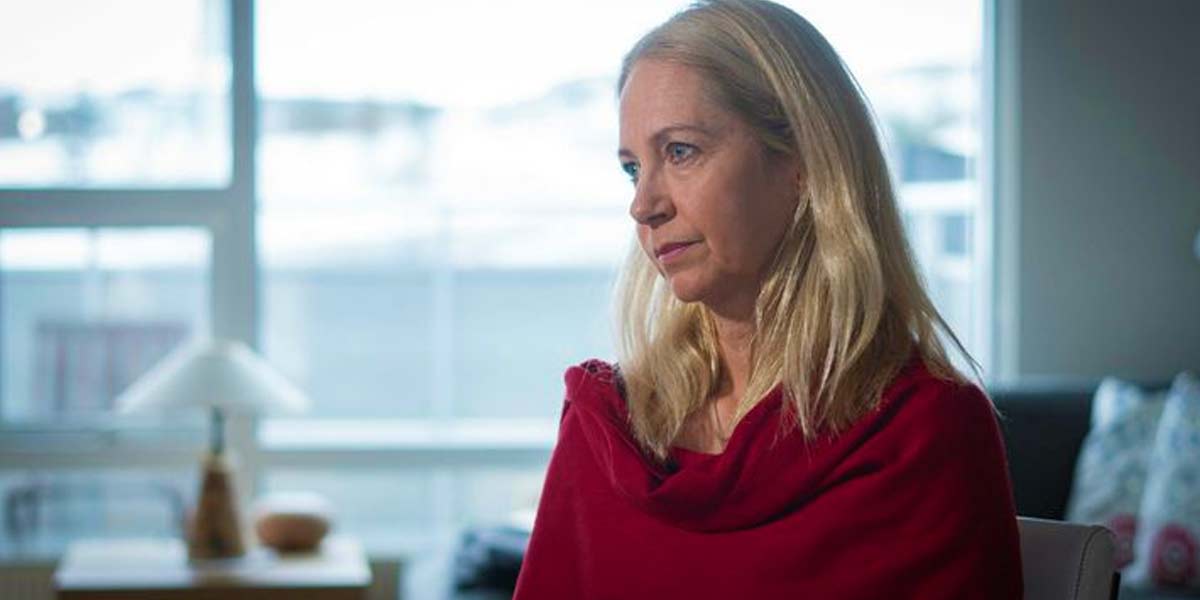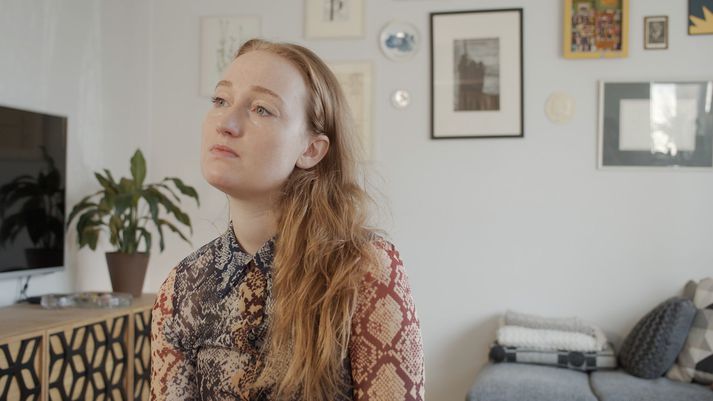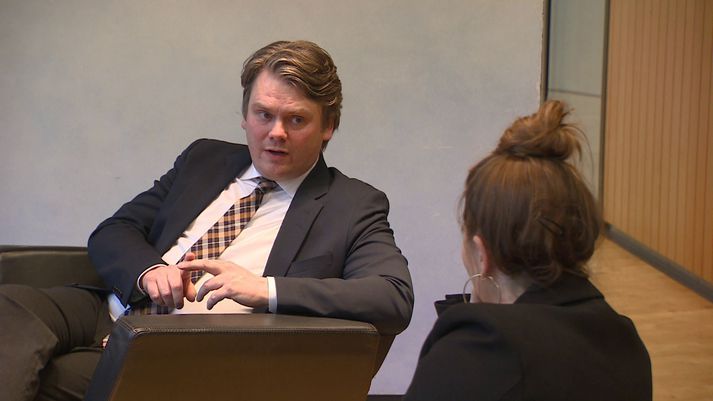More than 11 years revealing secrets because there is no excuse for secrecy in religion – w1997 June 1; Dan 2:47; Matt 10:26; Mark 4:22; Luke 12:2; Acts 4:19, 20.

ICELAND: There are no professional resources available for people who leave cults in Iceland, and many former members say that there is a great need for such. A member of parliament says there is a lack of supervision over the activities of religious movements and that parish fees are outdated. Former members of Jehovah’s Witnesses describe spiritual abuse after ostracism and abuse of children in the congregation.
Originally published in Icelandic on Visir.is by Sunna Valgerðardóttir on March 13, 2022.
There are usually very strict social rules within Christian cults. For example, it is forbidden to have sex before marriage, be gay or generally do anything against what is written in the Bible. Jehovah’s Witnesses are an example of a strict cult, and there are around 600 members in Iceland. Fréttastofa has spoken to numerous former Witnesses, few of whom want to speak publicly out of understandable fear of the consequences. The women who had the courage to come forward describe the enormous mental violence they experienced after excommunication, cruelty against children in the congregation, and how they lacked professional resources after leaving the cult.
The activities of Jehovah’s Witnesses and the serious consequences that former congregation members have had to face were discussed in detail in Fréttaauka Channel 2 immediately after the news on Sunday evening, March 13, 2022. A discussion also appeared on Vísi on Monday morning, March 14.
Rakel Íris was kicked out of Vottunum in shame when she was 23 years old. She had fallen in love with a man the elders of the Witnesses did not like. She had then become an outcast, as it is called, but is now an apostate for speaking publicly about her experience.
"It was a shock. I say goodbye to the family, or they say goodbye to me, and say that now we are going our separate ways. I hug my sister goodbye and haven't seen her since. I received a call from my parents telling me that they are not going to be in contact with me."
Rakel Íris Tweet this quote
Rachel says her family considers the disfellowshipping as a discipline from God.
“If they communicate with me, they are preventing His discipline. Which is made for me to come back. That is what they are told. To get me to come back, I have to have these days and repent and come back. This is the only way.”

Anna Margrét Kaldalóns was born into the congregation. Her entire family was kicked out when she was 12 years old, and she says it felt like the end of the world. Everything she knew was gone. Her mom told her that they had been read out at a gathering, which means no one can speak to the family again.
"For me it was almost like the end of the world."
Anna Margrét Kaldalóns Tweet this quote
The following years were very difficult for Anna. Especially Christmas and birthdays, but the Witnesses celebrate neither because it is considered a sin.
“I was just depressed. Suddenly there was only Christmas in my home, something that had been so wrong and such a sin,” says Anna. “Nobody invited us to dinner, we didn’t invite anyone to dinner. It was as if our grandmothers were being watched, because if they dared to let dad in if it was heard that they were talking to him, they were just caught on the carpet. I would have needed trauma care.”
"The elders control everything and watch over everything."
Anna Margrét Kaldalóns Tweet this quote
She emphasizes that, of course, there are many good people in the congregation that she still cares about. But the control is so all-encompassing that people cannot help but obey, the indoctrination is so overwhelmingly strong.
Andrés Ingi Jónsson, Member of Parliament (MP) for the Pirates, drew attention to the number of people who have received exemptions here in recent decades to be allowed to marry without being of age. Andrés told Channel 2 this week that at least some of these exemption requests were made for religious reasons – that is, from people who forbid premarital sex. Some exemptions were granted for couples where the bride was 17 and the groom 31. Andrés says there are a lot of thought-provoking things about the activities of religious organizations today, including finances.
“It has been recommended that there be better control over the finances of religious associations. If we compare them to other non-profit organizations, there are much stricter rules for sports clubs or whatever, which ensure that the club’s finances are in order. Especially when we are talking about religious organizations that have connections to the outside world, all kinds of possibilities for money laundering and all kinds of abuse of the membership form open up. And this is something that was pointed out to the ministry many years ago, but we are still waiting for some action there,” says Andrés Ingi.
Jehovah’s Witnesses have received more than 60 million ISK (~$400k) in parish fees from the state over the last ten years. There is no internal control over the activities of religious associations regarding parish fees, but they only have to meet certain conditions to receive parish fees. The Norwegian State Administrator in Oslo and Viken deprived Jehovah’s Witnesses of state grants in January for the expulsion of their parishioners and it was also concluded that the elders of the congregations had broken the law on religious organizations. It was the Norwegian news program Brennpunkt that covered Jehovah’s Witnesses and caused the state to begin its investigation into the congregation’s activities.
Andrés says the time has come to abolish the state’s parish fees. They are outdated.
“The situation is a matter of consideration, because here we have non-profit organizations in town that are still partially run by public money, so it is time for religious organizations to collect their membership fees themselves. Like other NGOs do,” he says.

Numerous former members of cults have contacted the news agency after the last episode of Kompásáður was published. Many express fear, anxiety, depression and even suicidal thoughts after leaving the churches. After all, the changes are enormous and life is almost turned upside down. However, despite this large number, there are no resources available to help these people.
“We have channels for clear violations of the law, wherever they occur in society. Larger NGOs, such as the National Church, have internal controls on harassment and sexual offenses that sometimes work and sometimes don’t,” says Andrés. “But then we have examples like the sports movement, it has just set up the position of communication advisor, where the state undertakes to have some kind of central body that clubs and individuals can turn to if they feel they have been violated.”
"It is a service that the state should provide to all individuals who, through organized social work, encounter violations that are not clear violations of the law, but something that needs to be addressed."
Andrés Ingi Jónsson Tweet this quote
Especially since some religious organizations are largely run by the state?
“Yes, it perhaps gives the state a clearer reason to intervene.” But also because there are a lot of people who seek a lot of services from these associations. Then it is important for the public good that this is done properly.”
This is the first article in a three-part series dealing with religious violence within the Jehovah's Witnesses in Iceland.